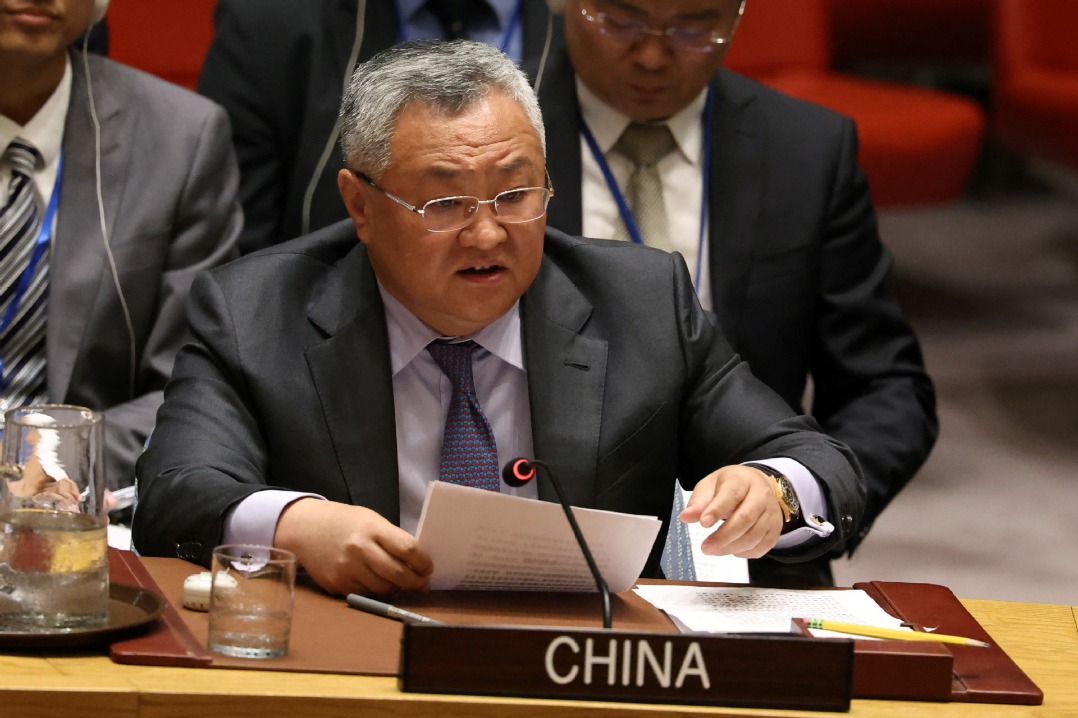US tariff threat causes quayside jams

Europe's busiest container port has offered up a sign of what may be to come if the United States goes ahead with its planned 30 percent tariffs on imports from the European Union, after it was turned into a parking lot for thousands of vehicles that had been bound for the US.
Vehicular exports are particularly important for the Port of Antwerp-Bruges in Belgium, with more than 3 million vehicles having passed through its gates last year, bound for destinations all over the world.
According to the Maritime Gateway website, in the first quarter of this year the Belgian port surpassed Rotterdam in the Netherlands as the continent's leading container port.
But while overall business may be healthy, in the first six months of 2025, new passenger car and van exports across the Atlantic Ocean fell by 15.9 percent, with a particular decline since May, one month after US President Donald Trump unveiled his global tariff program.
According to a document published by the European Parliamentary Research Service in February 2023, Chinese shipping giant COSCO has a minority stake in a container terminal in Antwerp, and a controlling stake in another at nearby Zeebrugge, with China Merchants Port Holdings also having a minority stake in Antwerp.
The US is the second-largest trading partner for the Port of Antwerp-Bruges after the United Kingdom, and is Europe's largest export port for the US.
With that fact in mind, The Guardian newspaper notes that in the first half of this year, cargo imports from the US, including significant amounts of liquefied natural gas, rose by 17 percent, in a possible attempt to get goods in before any potential retaliatory measures are imposed by the EU.
"A clear decline in vehicle exports has been noticeable since May," said a business report issued by the port for the first half of the year. "In the first six months of the year, 15.9 percent fewer new passenger cars and vans (76,089 units) and 31.5 percent fewer trucks and high and heavy vehicles (11,751 units) were exported."
The report noted that the outlook for the second half of the year was uncertain, with much depending "on a potential trade agreement between the EU and the US by Aug 1, which could restore greater certainty and predictability in the supply chain".
The port's representative for the UK and Ireland admitted that even after overcoming challenges such as the pandemic, the threat of tariffs had presented new difficulties to doing business.
"With the pandemic, we had lockdown, then we were out of lockdown, then back into lockdown, and people got used to managing it after being unprepared," said Justin Atkin. "Whereas here … people have talked about tariffs in the build-up (to Trump's re-election) but I don't think anyone expected the level and the severity of the instantaneous action."
julian@mail.chinadailyuk.com

































